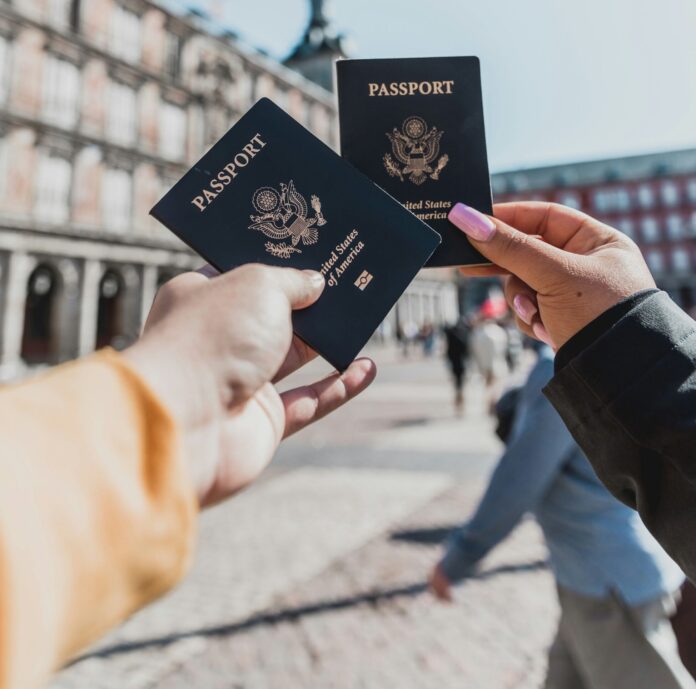In an era defined by global connectivity and cultural exchange, the dream of a passport-free world is an intriguing proposition. But is such a world feasible, or is it a utopian ideal at odds with the complexities of modern societies? Let’s take a look.
The Vision of Open Borders
The idea of a passport-free world aligns with the principles of open borders, a concept advocating for the unrestricted movement of people between countries. Proponents argue that such freedom would enhance global understanding, boost economic growth, and eliminate the inequalities wrought by the arbitrary circumstances of birthplace.
Current Models of Passport-Free Travel
There are existing examples of regions where passport-free travel is a reality, at least for the citizens within those areas. The Schengen Area in Europe is one such example. Here, internal border checks have largely been abolished among the 26 participating countries, allowing for ease of movement for work, tourism, and living.
Challenges and Concerns
Despite the appeal, transitioning to a passport-free world on a global scale faces numerous hurdles. One of the primary functions of a passport is to enhance security by tracking the movement of individuals across borders. Finding a balance between open borders and national security would be a crucial and complex task.












